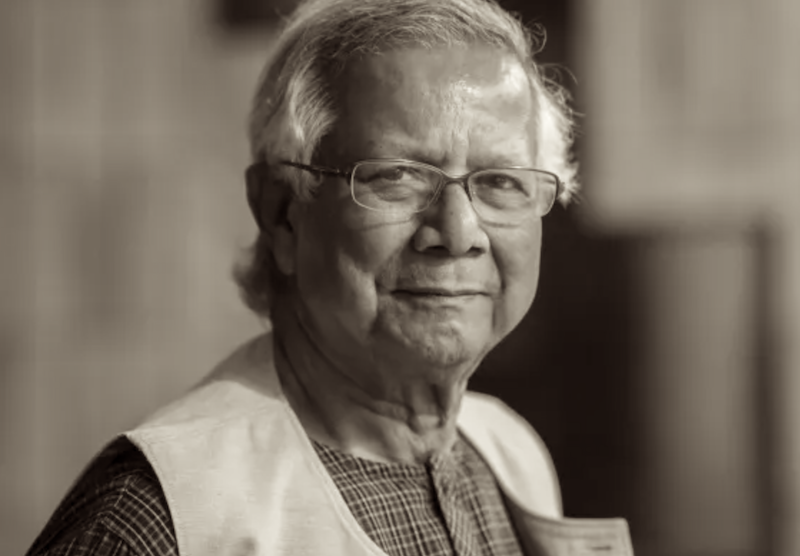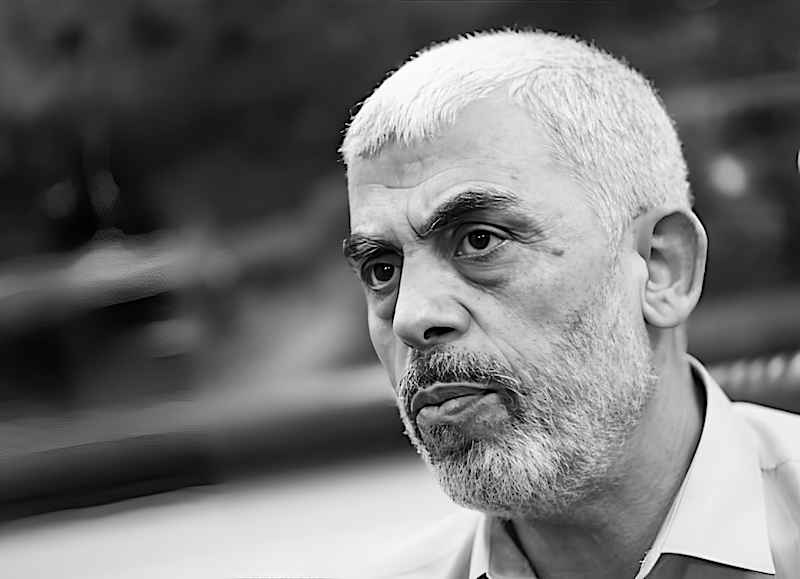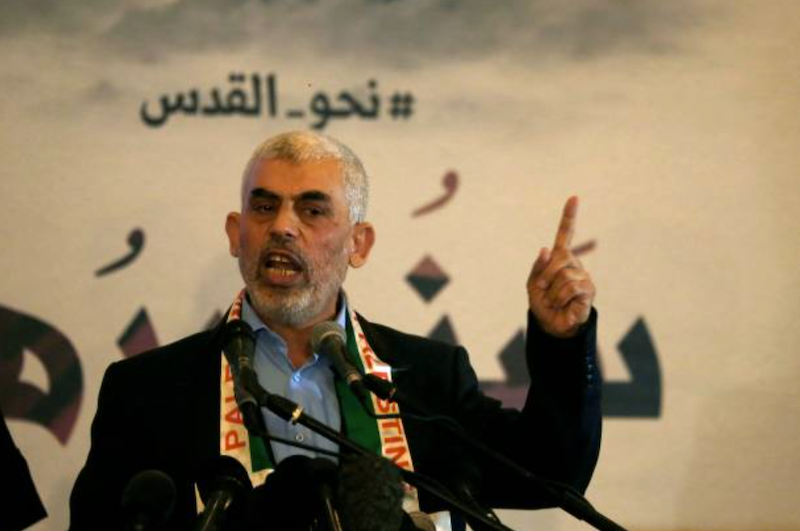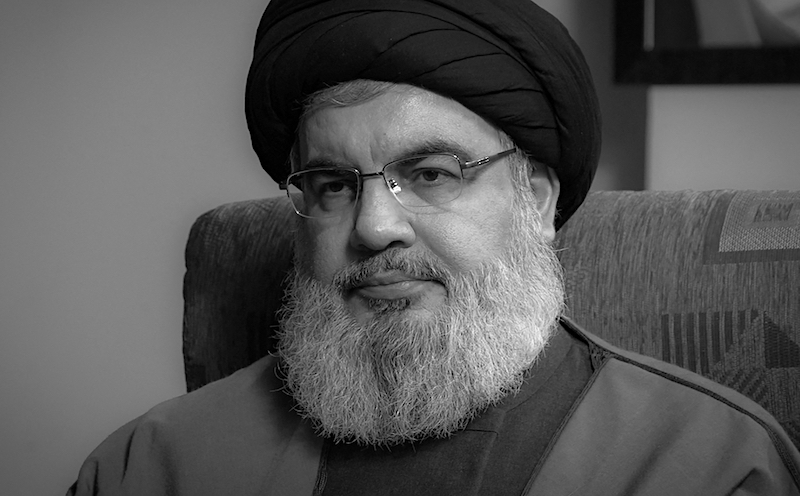 Muhammad Yunus.
Muhammad Yunus.
New Delhi: In a major development on Wednesday, the military administration in Bangladesh, in consultation with the country’s president, Mohammed Shahabuddin and various political factions, formed an interim government to run the country. The interim will be headed by economist and Nobel peace laureate Muhammad Yunus, and will take oath on Thursday at 8pm Bangladesh time (7.30pm IST).
This comes after weeks of escalating protests, widespread violence, and the subsequent dramatic ouster of Sheikh Hasina Wazed, the longest-serving prime minister of the country, on Monday.
Since Hasina’s resignation and departure from the country, the situation in Bangladesh worsened with widespread and severe violence. On Tuesday, clashes between security forces and protesters intensified, resulting in significant casualties.
Reports indicate that more than 100 people, including dozens of Hasina’s Awami League party workers and at least 13 police officers, were killed in the violence, especially in attacks carried out by the activists of the Hasina-banned Jamaat-e-Islami across the country. Several Bangladesh media outlets also reported that supporters of former PM Khaleda Zia’s Bangladesh Nationalist Party have also taken part in the violence.
In an address to the nation, Zia, who was released from imprisonment within hours of Hasina’s ouster, appealed for ending the violence and maintaining peace.
I covered the trial of the ex PM Khaleda Zia in a Dhaka court & inside prison. Spoke a couple of times. I can remember, last time, I inquired how she was. She was in a wheelchair, extremely sick, showed her hand, & "I cannot move my hand". The freed leader now calls for peace. pic.twitter.com/3ko3zvLaMn
— MUKTADIR rashid ROMEO (@muktadirnewage) August 7, 2024
Muhammad Yunus and Bangladesh’s interim government
Muhammad Yunus, 84, founder of Grameen Bank and renowned for his pioneering work in microfinance, has been a vocal critic of the Sheikh Hasina government. His political activism drew Hasina’s ire.
Yunus was slapped with 174 cases for alleged violations related to labour laws, corruption, money laundering, etc. Many of them related to alleged violations that took place a decade ago or more. Out of these 174 cases, 172 were civil cases, because the Hasina and her Awami League retained power following the 2014 general election.
Yunus, who won the Nobel peace prize in 2006, dismissed the cases against him as “politically motivated”.
On January 1 this year, a court in Bangladesh convicted and sentenced Yunus and three Grameen Telecom employees to a six-month prison term in a case related to violation of labour laws. However, the court granted him bail pending appeals.
Interestingly, the conviction was overturned by a Dhaka court on Wednesday – the day he was made the head of the country’s interim government.
The decision to select him to head the interim government was met with a mix of surprise and hope, with many seeing him as a symbol of integrity and independence. Nonetheless, he is expected to bring a fresh perspective to the crisis-hit nation.
The interim government faces a daunting task. It must immediately address the humanitarian crisis, restore law and order, and begin the process of rebuilding trust between the government and the people. The new administration will also be responsible for investigating the violence, bringing those responsible to justice, and ensuring that the next general election, when it takes place, is free and fair.










